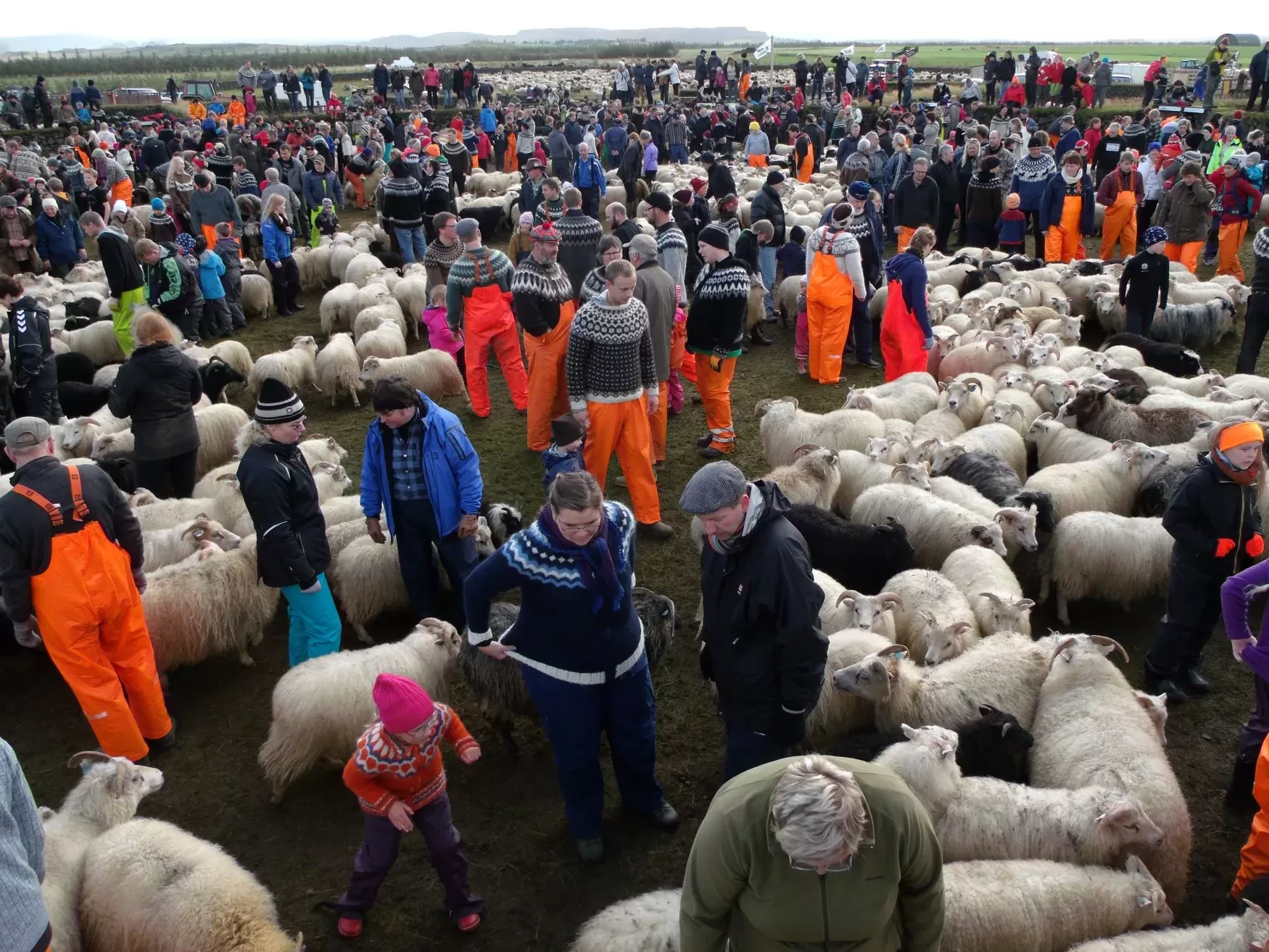“Hello, this is the Galway Dating Service. Sarah speaking.”
“What’s the craic? Looking for a bird for meself,” Tristan said into the receiver, swapping his Dublin accent for a gruff, rural enunciation that probably didn’t exist. We saw the phone number in the newspaper that morning.
“Why don’t you give us some information about yourself, Sir?”
“I’m a farmer, you see,” he said. “You know yourself she’d have to be sturdy.”
“We can start with your previous relationship experience.”
“A traveler told me that you can buy them off the internet these days.”
I bit into my knuckles and held my breath. Tristan, too, was turning red and swallowing his uncontrollable smile.
“Well Sir, there are online dating sites—“
“Say I wanted a large girl. Would it take more gigabytes to get a bigger woman off the computer?”
“Sir—“
“To be sure now, would I be going out with you? Are you free tonight anyway?”
Tristan is a premiere prank caller. He had gotten me several times, even after I had come to expect it from him. Often, unable to resist, routine calls such as ordering a pizza turned into a comedic opportunity if he had an audience with him. Sarah may have eventually had her doubts that she was talking to a farmer from the West of Ireland, but still she couldn’t discount the possibility that such a backwards person existed—not enough to hang up the phone.
If there was ever a place and time where the farmer had his day in the sun it was in 18th century America following colonial independence. England was viewed as the land of wisdom and learning, while the new republic was seen as culturally deficient and, in comparison, a hinterland. To remedy this, Thomas Jefferson and other like-minded thinkers promoted the idea of Agrarianism, which turned simplicity and the rural lifestyle into virtues on which the nation was based. Farmers, therefore, were the bearers of this morality and represented the national consciousness. They were, in short, a big deal.
It goes without saying that the perception of farmers vary among different countries and communities. In Ireland, for example, they seem to enjoy a larger place in common culture, with television shows based on their experience and entrepreneurial ideas, and Sunday papers including an agricultural section. They are respected and the population is generally concerned about their fate. Still, the image of an ignorant backwater farmer does exist—one that adds “sh” to all his words and wouldn’t know how dating services work. Ask someone in The States what they think of a farmer, and depending on the place and person, one may either hear something about being the backbone of the country or an image described similar to a redneck. My housemate in Germany had some of her girlfriends over, clattering away as girls do. One of them called another girl’s boyfriend “such a farmer.” My housemate glanced at me from the corner of her eye to see if I knew enough of their language to pick up on the slur. Indeed, “Du Bauer, du” (You farmer, you) is a common insult in Germany.
The majority of my family farms. I suspect none of them would like being called either Podunk or put on a pedestal. They are not backwards (although my father came to modern things such as cell phones and Lady Gaga much later than everyone else), nor are they superior beings. Still, finding the right terms to call them can be elusive. They’re not merely businessmen, because if they were they would have chosen a venture much more profitable. They’re not old-fashioned, because they vote more progressively than most of the community around them. They’re not relics of the past, because they’re too important for the future. They’re no one time has left behind because, simply, cows can’t milk themselves yet nor run the haybine.
What is a farmer? Clichés such as “stewards of the land” and “simple wholesome people” are inadequate, although I’ve heard them used by farmers themselves for a lack of better designations. Maybe it’s someone who does what they can’t avoid doing because it’s a part of who they are—although that also puts us in the company of serial killers and psychopathic criminals. Perhaps part of the definition should include being someone who produces very capable children, some of whom return to the farm and some that go into the world and add to it—although we know that farming is more than raising good stock. Whatever it is, the truth is probably somewhere between hero and hillbilly, and would take a lot of words to get right. Maybe the Germans have it right. Keep it simple: You farmer, you.
This article is part of The Milk House Column series, published in print across four countries and two languages. It can also be found at themilkhouse.org.
This article appeared in a similar form in Progressive Dairyman.
Looking for more about farming? Check out our best farm stories that we’ve published so far.

